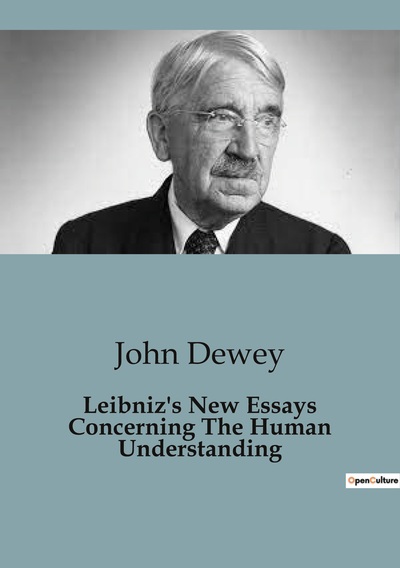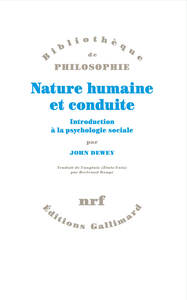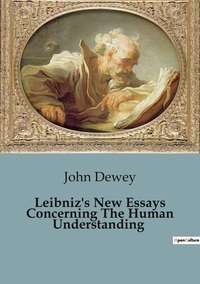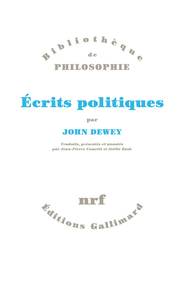Nous utilisons des cookies pour améliorer votre expérience. Pour nous conformer à la nouvelle directive sur la vie privée, nous devons demander votre consentement à l’utilisation de ces cookies. En savoir plus.
Leibniz's New Essays Concerning The Human Understanding
EAN : 9791041816477
Édition papier
EAN : 9791041816477
Paru le : 14 juin 2023
18,00 €
17,06 €
Disponible
Pour connaître votre prix et commander, identifiez-vous
Notre engagement qualité
-
 Livraison gratuite
Livraison gratuite
en France sans minimum
de commande -
 Manquants maintenus
Manquants maintenus
en commande
automatiquement -
 Un interlocuteur
Un interlocuteur
unique pour toutes
vos commandes -
 Toutes les licences
Toutes les licences
numériques du marché
au tarif éditeur -
 Assistance téléphonique
Assistance téléphonique
personalisée sur le
numérique -
 Service client
Service client
Du Lundi au vendredi
de 9h à 18h
- EAN13 : 9791041816477
- Réf. éditeur : 286706
- Date Parution : 14 juin 2023
- Disponibilite : Disponible
- Barème de remise : NS
- Nombre de pages : 176
- Format : H:210 mm L:148 mm E:10 mm
- Poids : 236gr
- Résumé : " "HE who knows me only by my writings does not know me," said Leibniz. These words—true, indeed, of every writer, but true of Leibniz in a way which gives a peculiar interest and charm to his life—must be our excuse for prefacing what is to be said of his "New Essays concerning the Human Understanding" with a brief biographical sketch. Gottfried Wilhelm Leibniz was born in Leipzig June 21, 1646. His father, who died when Leibniz was only six years old, was a professor in the university and a notary of considerable practice. From him the future philosopher seems to have derived his extraordinary industry and love of detail. Such accounts as we have of him show no traces of the wonderful intellectual genius of his son, but only a diligent, plodding, faithful, and religious man, a thoroughly conscientious husband, jurist, and professor. Nor in the lines of physical heredity can we account for the unique career of Leibniz by his mother's endowments. The fact, however, that she was patient in all trial, living in peace with her neighbors, anxious for unity and concord with all people, even with those not well disposed to her, throws great light upon the fundamental trait of Leibniz's ethical nature"












